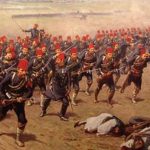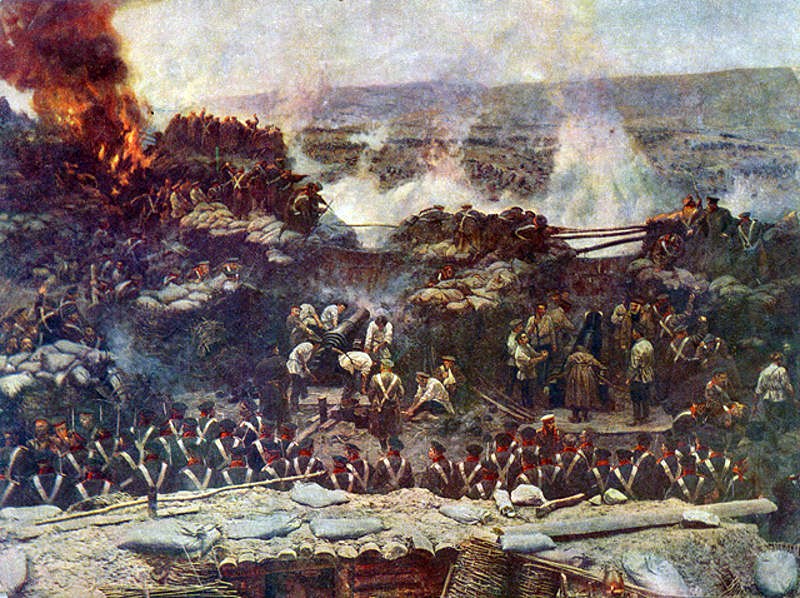 The Crimean War, which took place between 1853 and 1856, was a significant conflict that had a profound impact on European politics and military strategies. Fought primarily on the Crimean Peninsula, the war involved various nations and marked a transition from traditional warfare to more modern tactics. This article aims to explore the causes, key events, and consequences of the Crimean War, shedding light on its significance in shaping European history.
The Crimean War, which took place between 1853 and 1856, was a significant conflict that had a profound impact on European politics and military strategies. Fought primarily on the Crimean Peninsula, the war involved various nations and marked a transition from traditional warfare to more modern tactics. This article aims to explore the causes, key events, and consequences of the Crimean War, shedding light on its significance in shaping European history.
Causes of the Crimean War: The roots of the Crimean War can be traced back to the complex geopolitical situation of the time. Russia, seeking to expand its influence, clashed with the declining Ottoman Empire over control of territories in the Balkans. Religious tensions between Orthodox Christians and Muslims further exacerbated the conflict. Additionally, the rivalry between France and Britain for influence in the region played a significant role in sparking the war.
Key Events:
- The Eastern Question: The term “Eastern Question” emerged in the early 19th century, referring to the power struggle in the Ottoman Empire’s territories. As Russia sought to protect Orthodox Christians and increase its presence in the Balkans, tensions escalated, eventually leading to military confrontations.
- The Charge of the Light Brigade: One of the most iconic events of the war occurred during the Battle of Balaclava. Miscommunication and tactical errors resulted in a disastrous charge by the British Light Brigade against well-fortified Russian positions. Despite suffering heavy casualties, the bravery of the British soldiers became legendary.
- Siege of Sevastopol: The Crimean War witnessed a lengthy siege of the Russian naval base of Sevastopol by British, French, and Ottoman forces. The Russians fiercely defended the city, but the Allies ultimately prevailed, leading to the fall of Sevastopol in September 1855.
Consequences of the Crimean War:
- Military Transformation: The Crimean War highlighted the need for reforms in military tactics, logistics, and medical care. Lessons learned from the war led to significant changes in warfare, including the introduction of railways, modern artillery, and field hospitals.
- Diplomatic Shifts: The war had profound diplomatic consequences, particularly in terms of the balance of power in Europe. The Treaty of Paris, signed in 1856, sought to restore stability and weaken Russian influence in the region. It also marked a shift in alliances, as France and Britain developed a closer relationship.
- National Awakening: The Crimean War had a profound impact on the national consciousness of various European nations. In Russia, the defeat sparked internal reforms and highlighted the need for modernization. Similarly, in the Ottoman Empire, the war accelerated calls for reform and contributed to the eventual collapse of the empire.
- Impact on Public Opinion: The Crimean War was one of the first conflicts to receive extensive coverage in the media. Journalists and photographers reported on the harsh conditions and suffering of soldiers, which led to increased public scrutiny of military campaigns and brought attention to the importance of war correspondents.
Conclusion: The Crimean War was a turning point in European history, shaping military strategies, diplomatic alliances, and public opinion. It exposed the vulnerabilities of outdated military tactics and triggered significant reforms across Europe. Moreover, the war marked a transition from traditional warfare to modern conflicts characterized by technological advancements and media coverage. By examining the causes, key events, and consequences of the Crimean War, we gain a deeper understanding of its lasting impact on the European continent



















Add Comment